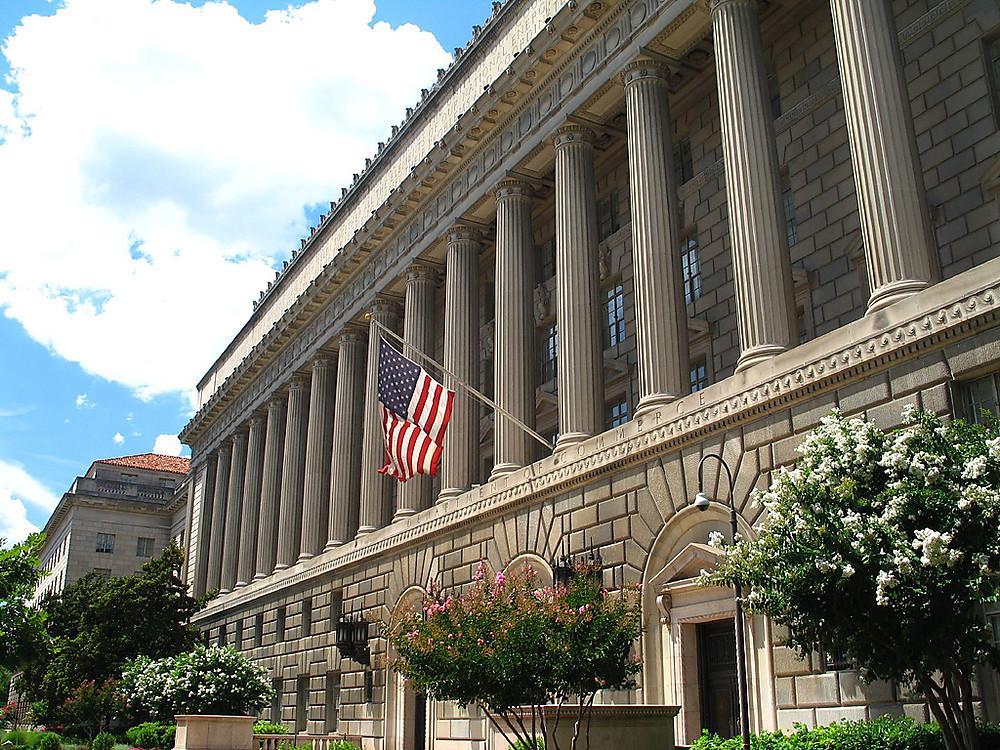A few weeks ago, the Department of Commerce announced that it would be including a new question on the 2020 census inquiring about U.S. citizenship. Many liberal states were immediately outraged, fearing that the number of respondents to the census would decrease and ultimately result in less political representation and federal funding. Others felt that adding the question during the Trump administration’s tenure was politicizing an apolitical document. Those in favor of adding the question argue that we need a more accurate number of how many immigrants are in the country to better inform government policy. While I do believe that getting a more accurate estimate of the number of immigrants in the country would help us better provide resources to them, we must also realize the political and potential legal implications of putting such a question on the census. Those who are living in fear because of their immigration status or the status of those in their household might choose not to participate in the census. In addition, those who do respond might end up being in danger of deportation or incarceration.
Although the Census Bureau itself has no official political agenda, it is ultimately compliant with the policies of law enforcement agencies. In 2004, the New York Times reported that the Census Bureau turned over information to the Department of Homeland Security regarding the concentration of ArabAmericans in certain zip codes following the 9/11 attacks. Decades before, it was also involved in providing information that led to the internment of JapaneseAmericans during World War II. The Census Bureau could be asked to report its information regarding which zip codes have a higher reported rate of undocumented immigrants, and these areas could be subject to an increase in policing and deportations. Given the history of the census and how its data has been used to target particular groups, it is naive to argue that these statistics would only be going towards making a more accurate governmental policy. As long as the Trump administration spews hatred and ignorance about undocumented immigrants, answering this question would have no real benefit for the country. At best, the numbers provided would achieve more accurate congressional representation in states with a larger immigrant community. At worst, certain communities would face increased persecution.
Adding this question to the census would also be problematic with regard to race. In conjunction with the race and ethnicity question posed at the top of the form, one would easily be able to discern how many immigrants are of a certain race or ethnicity. Considering Trump’s comment about immigrants from “shithole countries,” these immigrants could perhaps be more targeted and face another layer of discrimination. Since the general public is unaware of the extent to which census data is shared, it would be best if this data were not collected at all.
Collecting this information could also lead to federalist issues between federal and local governments. The results of the additional census question could justify an increased presence of Immigration and Customs Enforcement (ICE) officers in places that have already designated themselves as sanctuary cities, such as New York City and Los Angeles. Sanctuary cities do not comply with federal immigration laws nor do they dedicate resources to apprehending and deporting undocumented immigrants. An increased ICE presence would also mean designating a larger portion of the federal budget to these controversial immigration efforts.
The announcement of the citizenship question forces us to consider the amount of information that we are comfortable sharing with our government. The officiality of the census makes people more or less compelled to complete it. The census allows us to learn more about important issues facing our nation, like the racial and gender disparity in income. But the census simultaneously endangers some of our most vulnerable communities by providing their data to law enforcement agencies. While data collection can be useful in shaping policies and congressional representation, we must also be cognizant of its dangers. The Census Bureau should no longer be required to provide its data to law enforcement in regards to race or immigration status. The Census Bureau should also have a more democratic approach to adding questions so that the census doesn’t become politicized.




